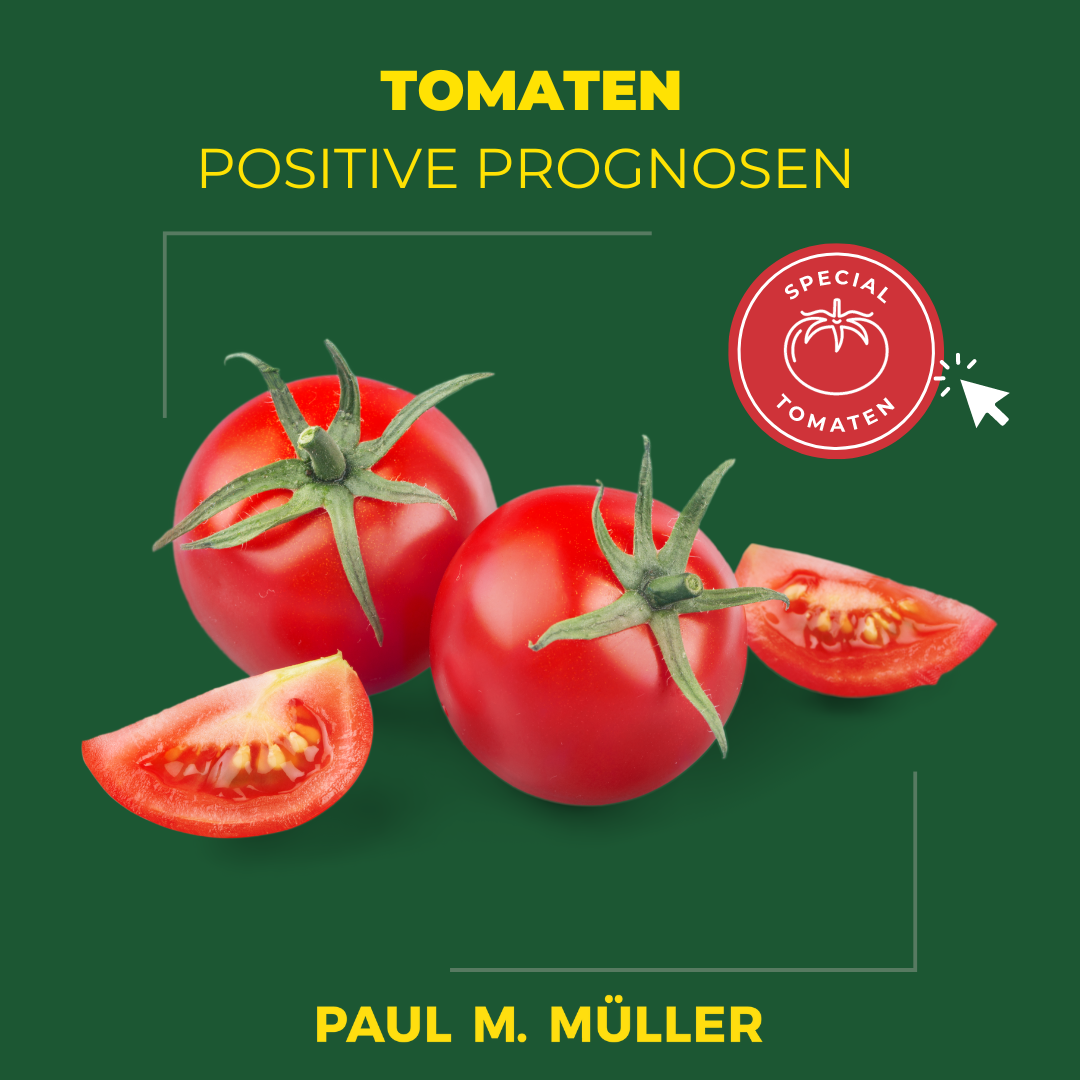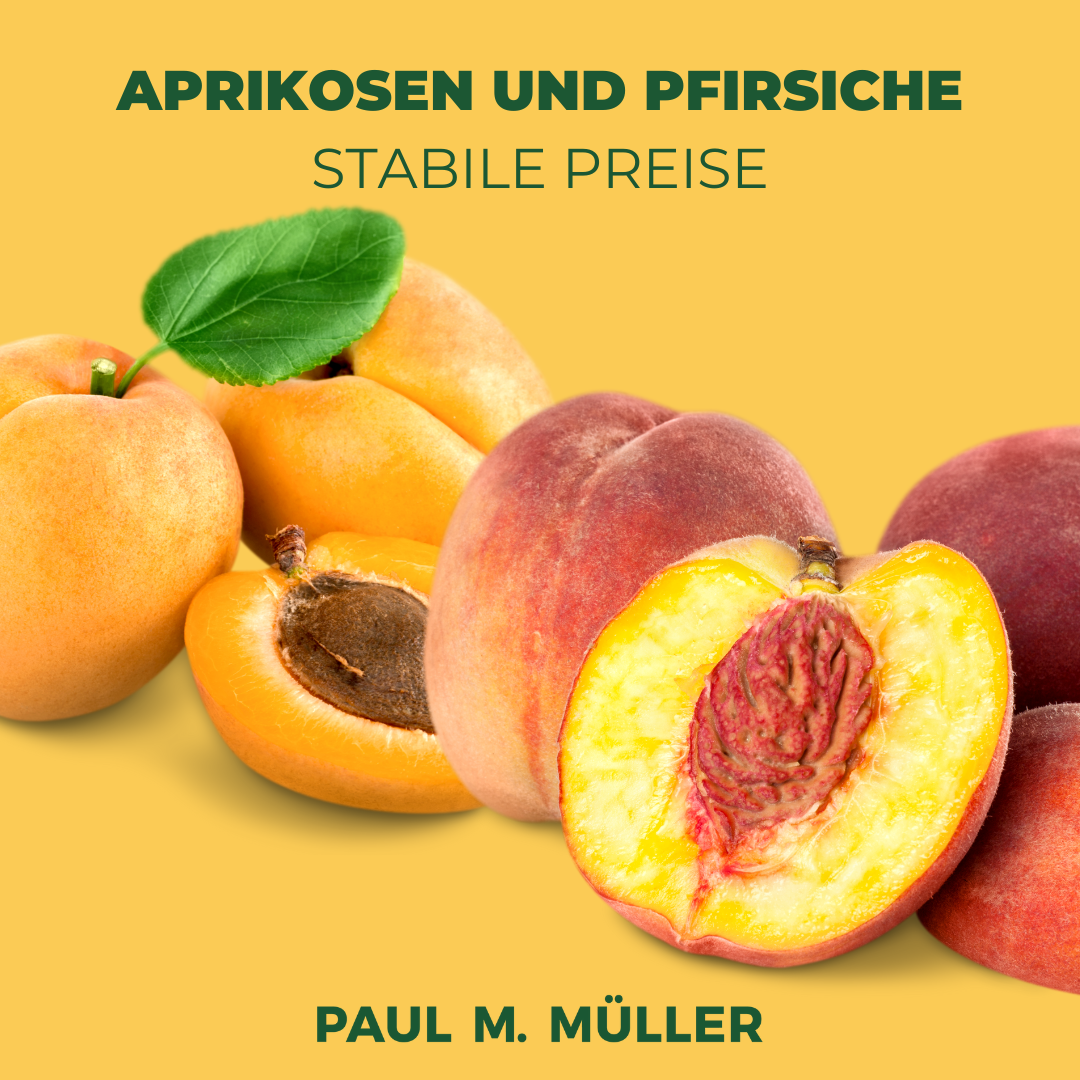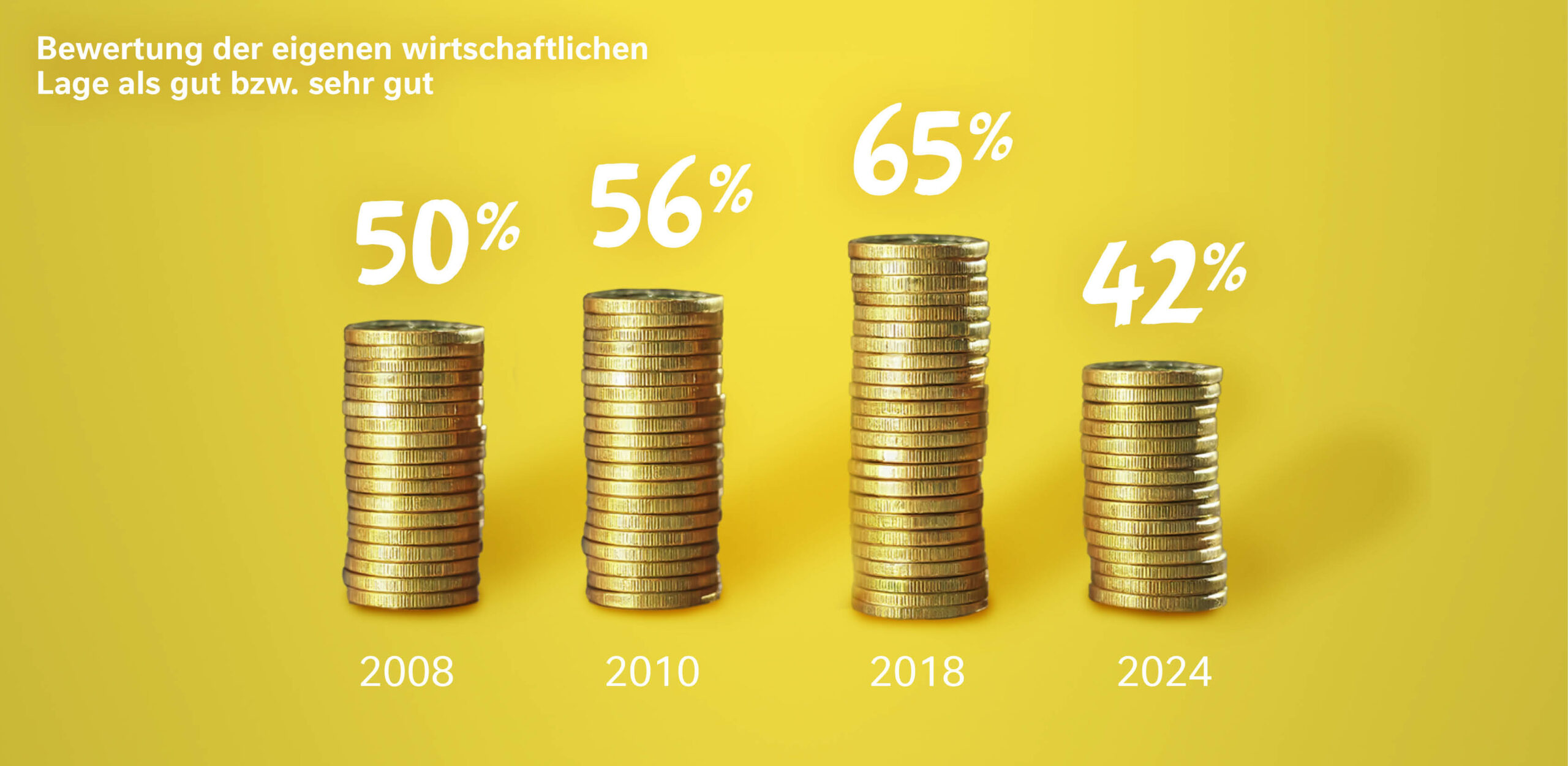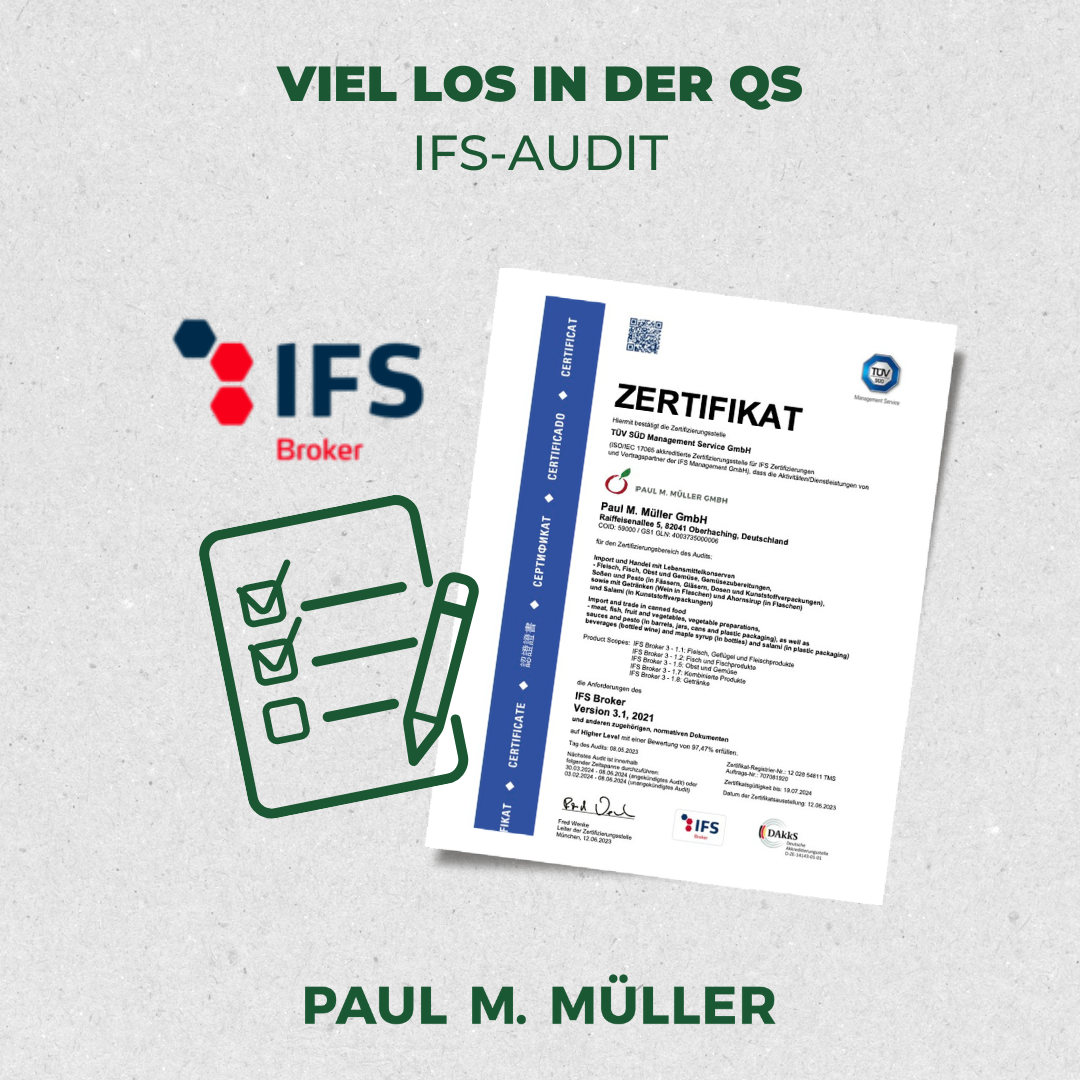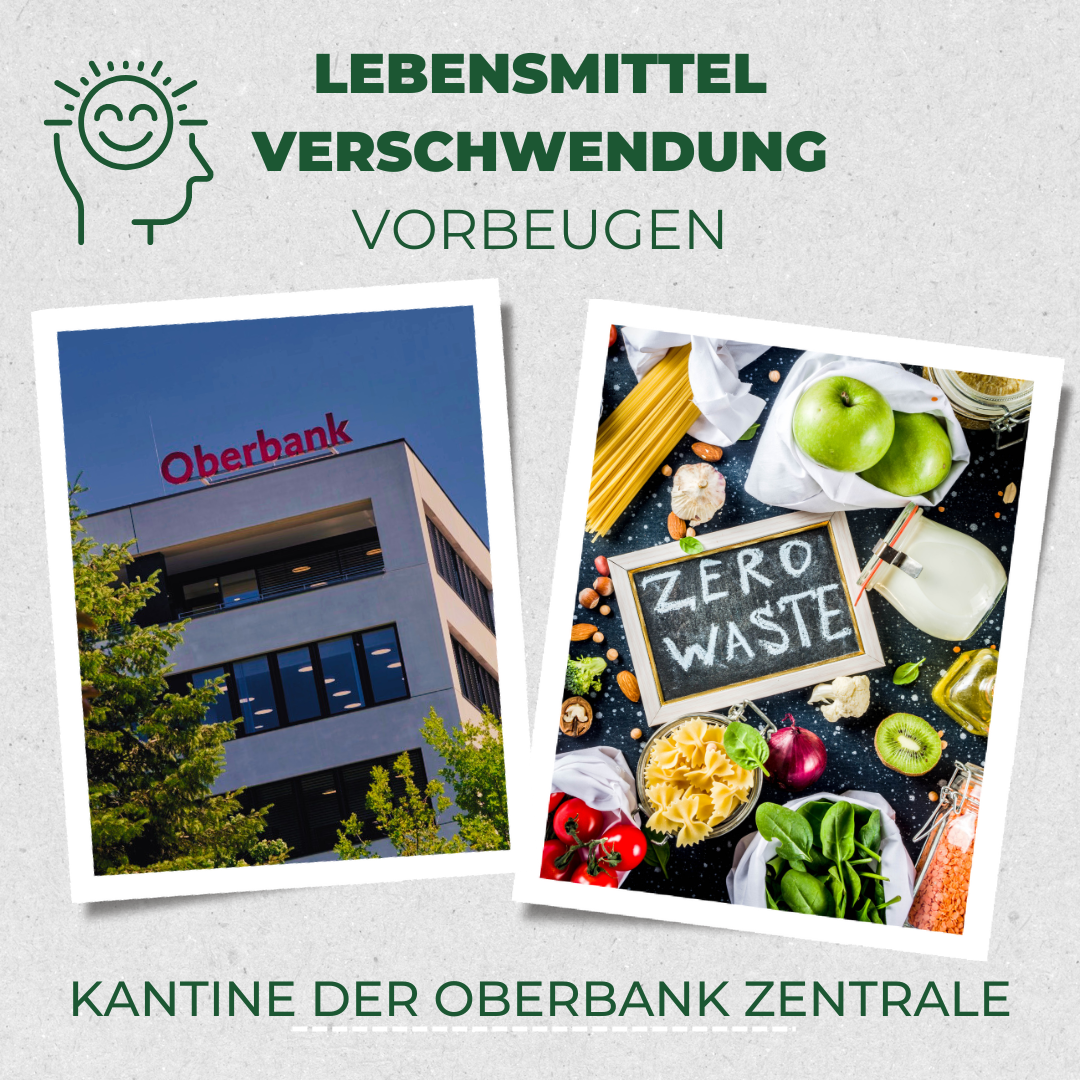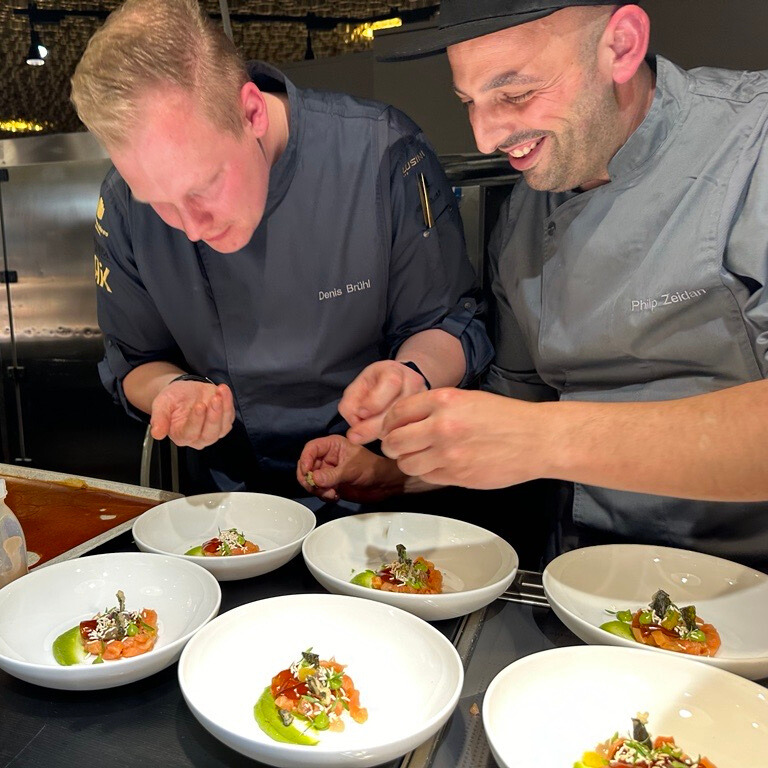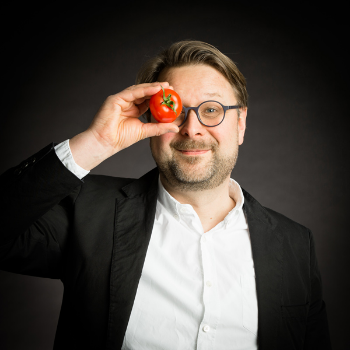PMM: What makes Mutti's tomato products so unique?
The uniqueness of Mutti's products lies in our focus on the quality and freshness of the raw ingredients. We work with around 800 farmers in Parma and the surrounding area and in southern Italy. Our innovative production process, developed by the Mutti engineering team and patented in several steps, also allows us to preserve the naturally fresh taste of the tomatoes. And: We have a clear company philosophy that is closely linked to our values: quality, transparency, fair payment, appreciation - we are a family business and we live it.
PMM: What happens directly after the harvest?
Around 2-3 kilos are harvested per plant. The tomatoes are loaded directly onto the truck and driven to the factory. There they are subjected to a strict quality inspection. If the quality is not right, a truck may well have to drive straight back from the farm. Conversely, if a farmer provides us with extremely good quality, he is paid accordingly. At the end of the season, we use this principle to select the best farmer who receives the "Golden Tomato", which is a bit like the Oscars (laughs). Fun fact: with the "Mutti Polpa" product, for example, it only takes a maximum of six hours for the tomato to get from the field to the can.
PMM: How can Mutti keep pace with the rapid growth in cultivation and production?
To keep pace with the rapid growth in cultivation and production, Mutti has adopted a strategic approach that combines technological innovation and environmental sustainability. We continuously invest in research and development to help farmers optimize agricultural and production techniques while ensuring sustainability to meet the highest quality standards.
PMM: When will the first tomatoes be planted in northern and southern Italy this year?
Planting of the first tomatoes in northern and southern Italy started at the beginning of March and follows the seasonal schedule.
PMM: As a tomato producer, how do you meet the increasing demand for convenience products with your product range, especially in the food service industry?
Our main focus is still on our classic products such as pelati, polpa and tomato paste. However, we also have items in our range that already have a high degree of convenience, such as our pizza and pasta sauces. These products are increasingly in demand, especially from customers who are not traditional Italian restaurants.
PMM: How do you see the partnership with your customers, especially with your German sales partner Paul M. Müller?
The partnership with customers such as Paul M. Müller is, as the name suggests, very much characterized by partnership. Due to the diversity and requirements of our customers, it is important for us to have partners who can provide the desired service and push us with our customers. As our harvesting fields, production sites and warehouses are located in Italy, it is important to send only full trucks on their way as far as possible. The Paul M. Müller company makes it possible for us to supply customers quickly, over short distances and in small quantities by loading other goods. In this way, we can respond to needs together. We deliver quality to PMM with our products - PMM delivers quality with service to the customer. Quite apart from that: Open, honest communication is important to us - and having reliable partners like PMM. I haven't been with Mutti for that long myself, but I can say that I really enjoy working with my colleagues at PMM.
PMM: What was the trend item with the biggest growth in your range last year?
In the past year, Polpa (fine tomato pulp) has increasingly pushed itself into the limelight. We have seen particularly strong growth in polpa in the practical bag-in-box packaging. Although this will not completely replace the can, it is already finding its way into many businesses. This packaging has several advantages over the can. It is easier to open, the volume is less with a bag in the bin. And: the shelf life is the mom-and-pop quality we know from cans. However, there are still many customers who prefer cans because they can better estimate leftover quantities by looking into the can, for example.
PMM: Why is Mutti so unique in terms of marketing?
Mutti is a family business with a long tradition and a corporate philosophy based on clear values - we have already talked about this. One of the most important is the high quality of our products. To this end, we continuously optimize our standards in terms of supply chains, production and product innovations. The Mutti brand stands for high quality based on the sustainable use of resources. In recent years, we have invested heavily and consistently in communicating these values. In the same way, we have been communicating the special nature and value of high-quality tomatoes and our Italian passion for tomatoes to German consumers for years. Mutti is now very well known in Germany and is perceived very positively as a brand. Incidentally, Mutti does not come from the German word Mutti, but is the family name of the Mutti family.
Thank you for the interview.
For space reasons, we have shortened the interview for the market report in some places. You can find the entire interview and many more with other interesting interviewees on our website.
Personal details:
Kai Bergander has been working as National Key Account Manager Food Service at Mutti Deutschland GmbH for around a year. He previously worked at Giovanni Rana and in the baking industry. He has always been interested in food - he originally comes from a family of bakers.
